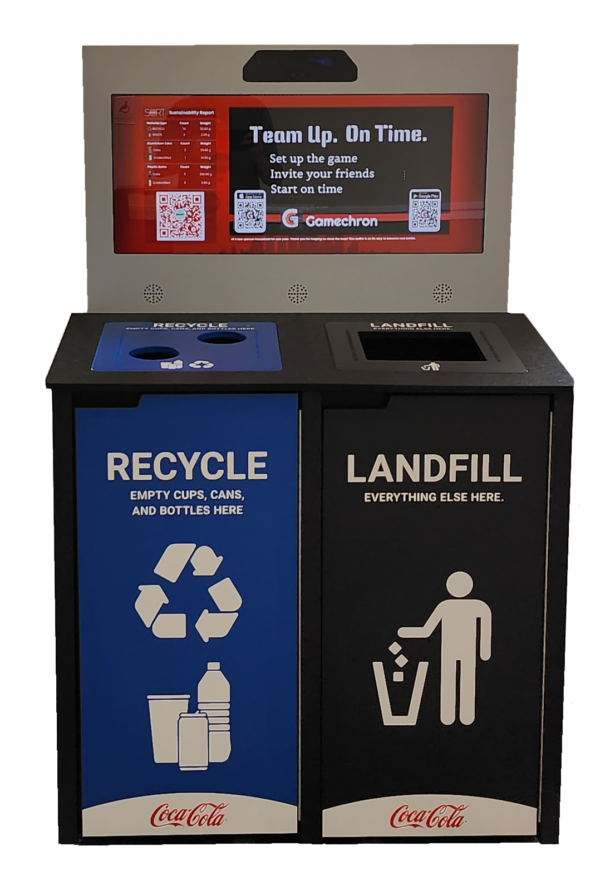The future of smart cities is here, and it’s helping to revolutionize the way we manage waste. Smart bins are being used across the globe to make cities more efficient and reduce the amount of waste going to landfills. Smart bins are equipped with sensors and other technologies that can detect when they are full and alert staff to be emptied. This helps to reduce the amount of time that staff must spend manually emptying bins, freeing them up to focus on other tasks. Furthermore, the data collected from these bins can be used to better understand the waste habits of a city, allowing for better resource planning and management.
Not only are smart bins helping to make cities more efficient in terms of waste management, but they are also helping to reduce the environmental impact of human waste. By using the data collected from smart bins, cities can better understand the types of waste that are being produced and take steps to reduce the amount of waste that is sent to landfills. Smart bins can also be used to promote recycling, as they can detect the types of waste that are being put into them and alert staff when recyclable materials are detected.
In addition to making cities more efficient and reducing the environmental impact of waste, smart bins can also help to reduce the risk of infection from germs and disease. By using sensors to detect when bins are full, staff can be alerted to empty them before they get too full and start to become a health hazard.
Overall, smart bins are helping to make cities smarter and more efficient in terms of waste management. By collecting data and alerting staff to be emptied, smart bins are helping to reduce the amount of time staff must spend manually emptying bins and helping to reduce the environmental impact of waste. Furthermore, they are helping to reduce the risk of infection from germs and disease. Smart bins are just one of many ways that smart cities are improving the way we manage our waste.




